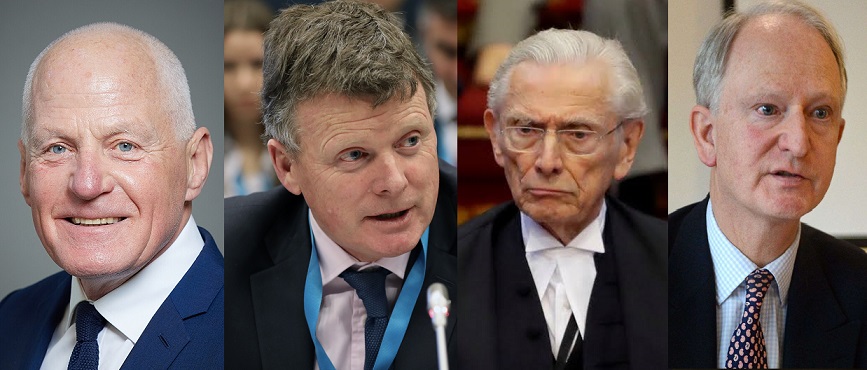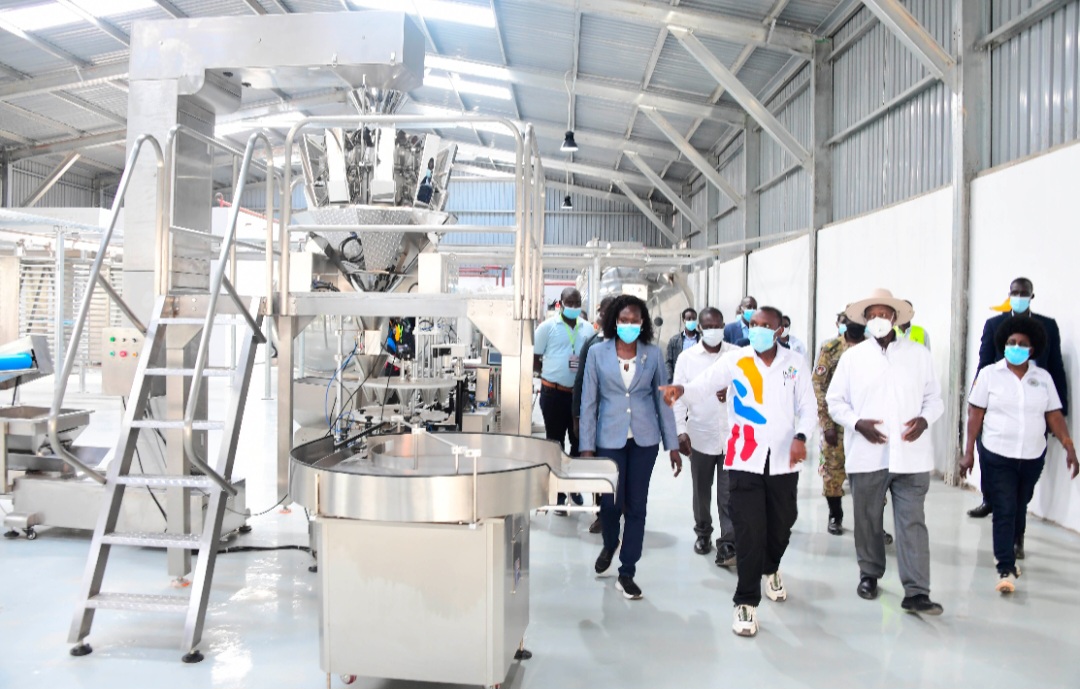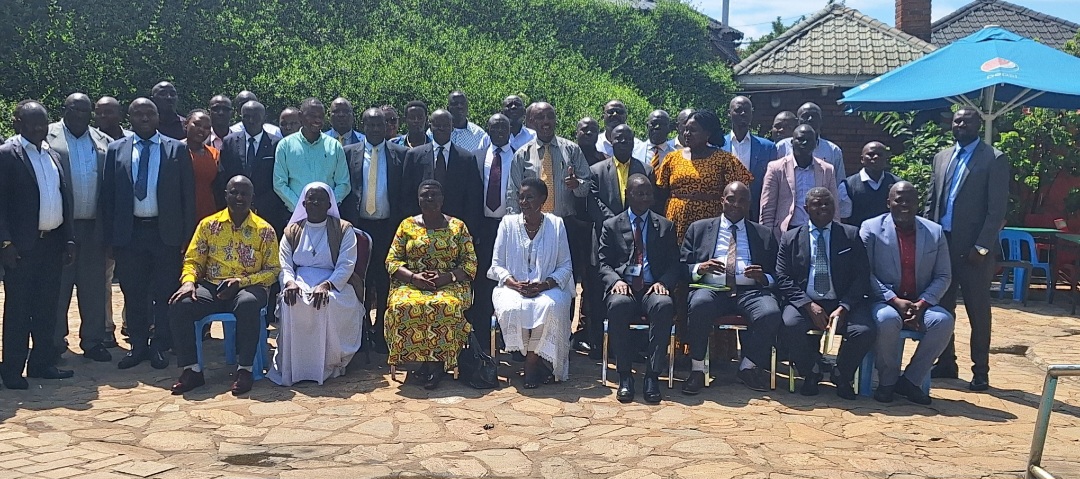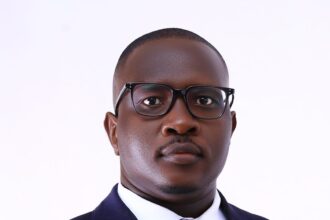I want to thank the Government and people of the United Kingdom (UK) for the cordial relations with Uganda at both individual and state level. A number of our people are in the UK on different assignments and callings as, equally, a number of UK residents are in Uganda on different interests. Other than the uncomfortable background colonizer-colonised, our people are friendly with each other and our nations are proudly members of the Commonwealth fraternity together. We stand to benefit from each other more as long we advance as equals or respectful nation states.
I want to thank the UK Parliament for having interest in Ugandan affairs and considering it fit to deliberate on them as and when it deems necessary. On Thursday 9th May, 2024, the debate was on Anti-Homosexuality Act passed by the Ugandan Parliament on March 21, 2023. Lord Michael Cashman had asked His Majesty’s Government “what representations they have made to the government of Uganda regarding its Anti-Homosexuality Act”.
Various MPs spoke, and the spirit of their debate was in condemnation of the Ugandan Parliament. It was also in condemnation of the Uganda Government and the Ugandan people at large. I will quote a few as follows (adapted from the day’s Hansard record);
“My Lords, Uganda’s Anti-Homosexuality Act has increased violence and discrimination against LGBT+ people. The UK has made its opposition clear to all levels of the Ugandan Government. On 3 April, the Ugandan Constitutional Court struck down some provisions. However, the legislation remains, including the death penalty for so-called aggravated homosexuality. The Deputy Foreign Secretary met the Ugandan Justice Minister on 3 April and underlined the importance of ensuring that people are free from persecution regardless of sexuality and stressed our concern at this legislation,”- Lord Michael Cashman
Lord Richard Benyon stated:
“My Lords, I congratulate the Government on the action they have taken so far, but they can and must do more. The Ugandan law criminalises even those who supply services to LGBT people and, as the Minister said, people face the death penalty for aggravated homosexuality or 20 years in prison merely for being homosexual. The situation is dire and worsening, with arrests, people going into hiding, blackmail and service providers closing. Therefore, I ask the Government to mirror the actions taken by the United States, Canada and the World Bank: targeted sanctions on named individuals and on access to individual assets held in the UK and an immediate pause on development support that could be used by discriminatory actors. Finally, they should call on Uganda to end implementing the law with forced anal examinations. Such barbaric human rights abuses must be vigorously denounced.”
Then, Lord Henry Bellingham said:
“My Lords, will the Minister not agree that one thing that could make a really big difference to this appalling situation would be a change in regime and free and fair elections? He will have noted that the European Parliament concluded that the last elections were neither free nor fair and, in fact, were violent. What more can we do to ensure there is multi-party democracy? Will he find time to meet the outstanding new leader of the opposition, Joel Ssenyonyi, who is a brave young politician who deserves our support?”
As I have stated in my introduction, it’s good that the UK Parliament occasionally picks on matters in other countries for discussion and the issue of LGBT seems to matter a lot. While the process of passing the particular legislation was transparent and contributory, with the voices of Uganda considered, and even court has made its pronouncement on the law, its passing has had serious outcomes. One among such is reprisals in terms of cutting donor aid and consideration of sanctions against certain individuals. From the words of one of the Lords in the UK Parliament, even “regime change” is under consideration. Lord Bellingham even went ahead and mentioned that the Leader of Opposition in Parliament (LOP), Joel Ssenyonyi, “is a brave young politician who deserves our support should be supported.”
So, let’s take it that the Act as it stand today is harsh on LGBTs, regardless of the justification the Uganda Parliament had; since the law was passed, how many cases of LGBTs have been prosecuted in Uganda’s courts of law? How many members of the LGBT community have been persecuted, attacked physically or killed for their state of being? Where is this dire situation being talked about in Uganda? How many Ugandans are homosexuals? Do or don’t we need a census to determine this so as to weigh the gravity of the “crisis” that prevails in Uganda as per the discussions in the UK Parliament? How come I personally don’t know any homosexual but hear a lot of talk about them by organisations and foreign missions. I am also aware of a habit by “greencard” and “permanent residency” seekers in Western capitals claiming to be fugitives from Uganda apparently because of the orientation. And the host countries’ governments believe such claims and go on to grant their wishes. Others claim political persecution when nobody knows them, while others may be criminals escaping from the long arm of the law for real offences committed and take refuge in claiming human rights abuses.
It would be most unfortunate if the UK MPs are informed by such baseless claimants.
It’s also interesting to see one MP single out Joel Senyonyi for support yet Parliament of Uganda was nearly unanimous in passing the legislation, including the opposition bench (then led by Hon. Matthias Mpuuga). What’s special about the current L.O.P and in what sense is he to be supported and to do what? Isn’t this direct interference in the affairs of Uganda?
On the proposal for regime change, in whose interest is it? The Uganda government is elected by Ugandans. Is regime change intended to bring homosexuals to power when they are not only obviously a minority but they are also “invisible” because, as by my example, I have never seen any? What’s so pressing about their rights that the rights of other Ugandans-the absolute majority and the leadership-are disregarded and punishments meted out on the population in terms of sanctions and donor fund cuts? Is this democracy at play or a new form of imperialism and self-contradicting abuse of human rights of Ugandans?
The author is the Deputy Press Secretary to the President of Uganda
Contact: kirundaf2@gmail.com
0776980486/0783990861
Do you have a story in your community or an opinion to share with us: Email us at Submit an Article









